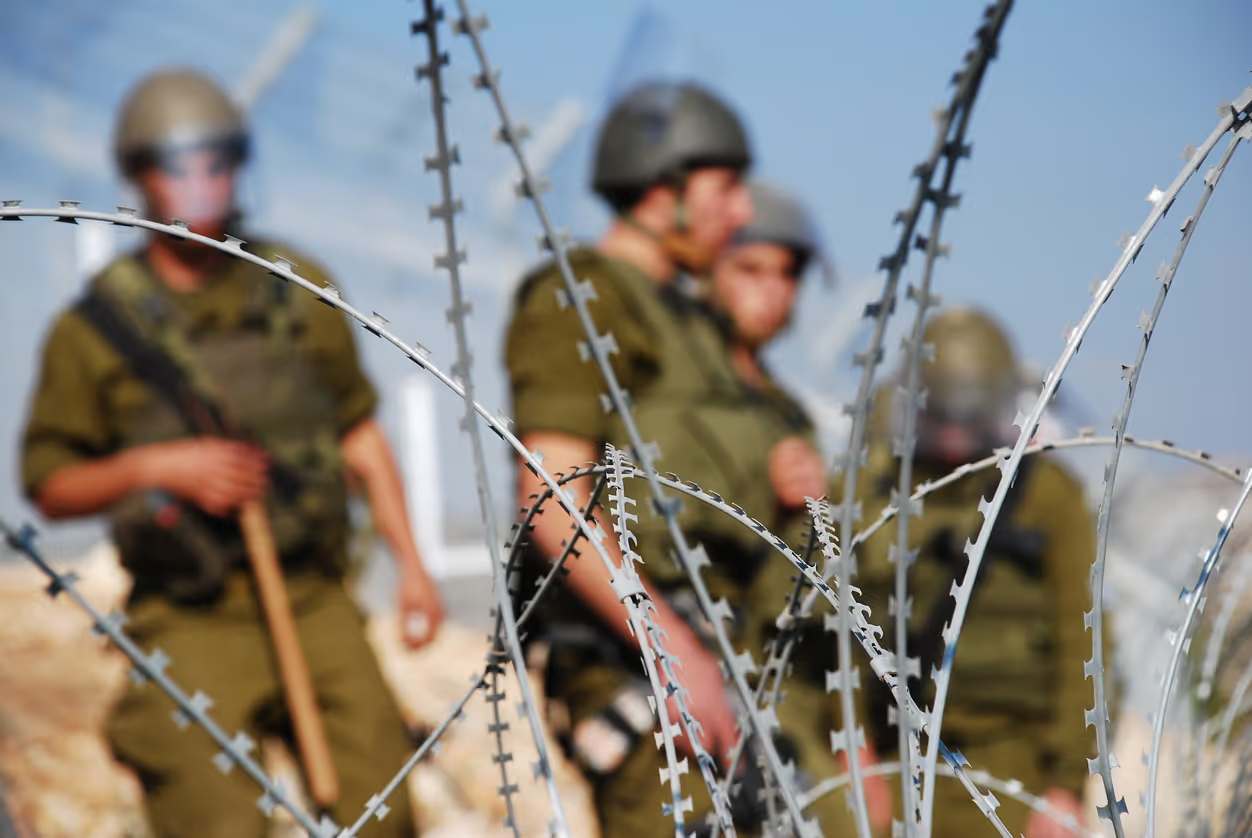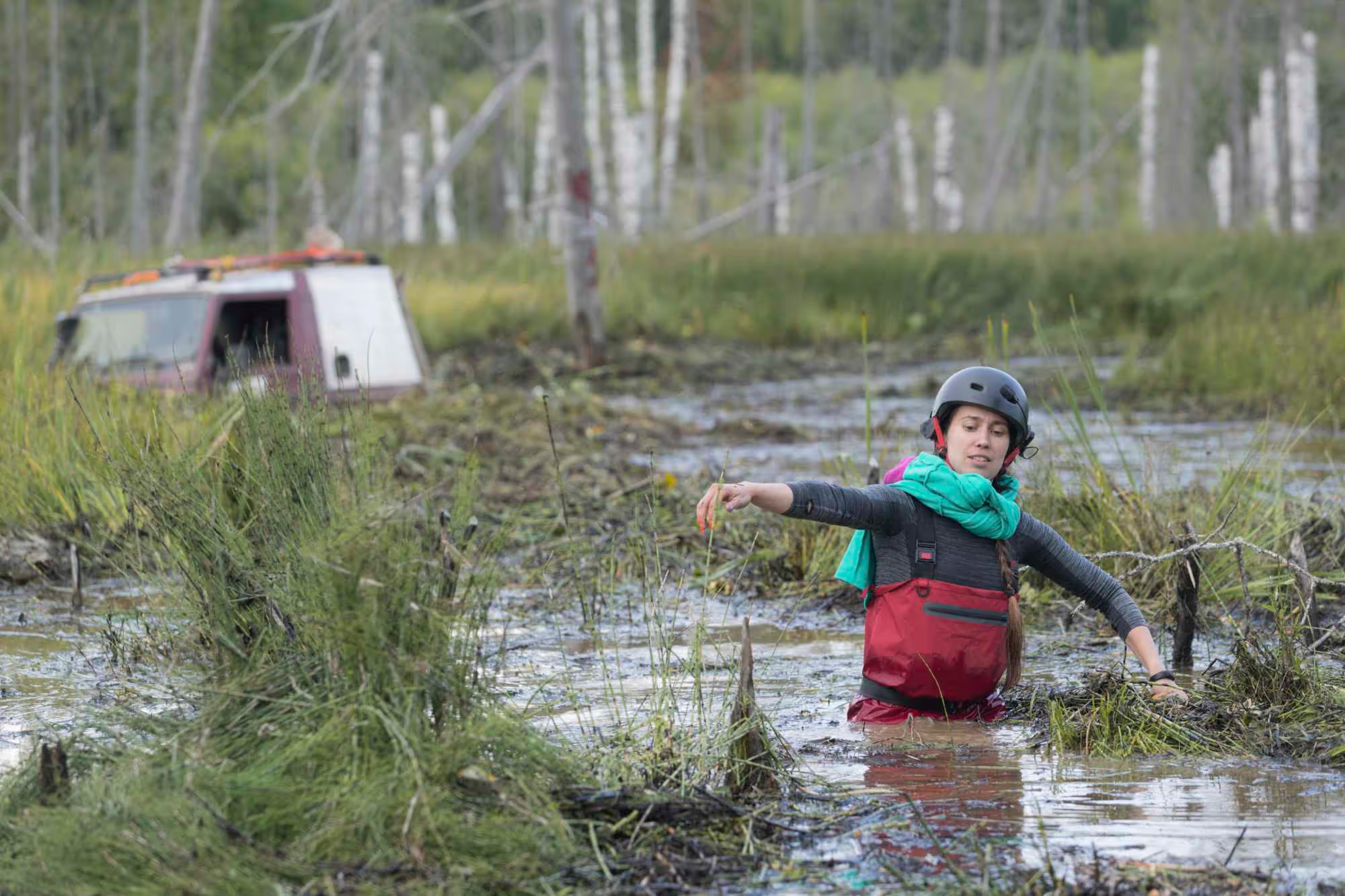Why Standard Travel Insurance Fails in Conflict Zones (and What NGOs Must Use Instead)

When aid workers are deployed to crisis areas like Gaza, Sudan or Eastern Ukraine, one of the biggest assumptions NGOs make is that standard travel insurance will cover them.
It won’t.
Mainstream travel insurance is designed for tourists and business travellers. It’s often completely invalid the moment your team steps into a country under FCDO red guidance or engages in humanitarian work in unstable or conflict-prone regions.
So what does that mean for your organisation’s risk exposure?
The Problem with Off-the-Shelf Travel Insurance
Let’s be clear: even the most “comprehensive” standard policies often come with:
- Region-based exclusions — such as war zones, sanctioned territories, or areas under ‘Do Not Travel’ advisories.
- Activity exclusions — including NGO and volunteer work, especially if linked to civil unrest or peacekeeping.
- Evacuation restrictions — many only cover medical evacuation, and even then, only with pre-approval and no security element.
- No group structure — meaning no way to manage multiple travelling staff efficiently.
These gaps aren’t just inconvenient — they expose your people to serious danger, and your organisation to legal, financial and reputational risk.
🔗 A 2023 report by the Humanitarian Practice Network found that local staff and volunteers face disproportionately high security threats — yet are often underinsured or excluded from standard policies. [Source]
What Happens If You Rely on the Wrong Cover?
Here are just a few real-world issues we’ve seen:
- A field worker in Sudan hospitalised after an accident — only to be denied cover due to territorial exclusions buried in the fine print.
- A volunteer injured in Gaza with no access to security evacuation due to the policy’s civilian-only clause.
- An NGO unable to deploy a new team to a region urgently because their insurance provider required 14 days’ notice for underwriting approval.
None of these should happen.
What NGOs Should Be Using Instead
At insuranceforngos.com, we provide purpose-built insurance for NGOs, charities and humanitarian workers operating in high-risk locations, including:
- Conflict zones
- Post-disaster areas
- Politically unstable regions
- Countries under UK FCDO red or amber guidance
We offer:
✅ Cover from as little as $11 per day
✅ No region exclusions – cover is valid everywhere
✅ Emergency medical and security evacuation
✅ 24/7 multilingual claims support
✅ Flexible terms – from 3 days to 12 months
✅ Group cover for large-scale deployments or organisations
Explore our insurance for conflict zones and high-risk areas For staff working in their own country of residence, we also provide local solo or group cover — ensuring national teams are protected just as well as expats.
Duty of Care Is Not Optional
NGOs are increasingly being held to account for how they look after both expat and local teams. Insurance is a core part of your duty of care — not just a tick-box.
🔗 The CHS Alliance outlines specific obligations under the Core Humanitarian Standard, including risk mitigation and appropriate preparation of staff. [Read more]
Failing to arrange suitable cover isn’t just poor planning. It can be seen as a breach of duty, and that has legal and reputational consequences — particularly when staff are harmed.
So What Should You Do Now?
If you’re currently relying on standard travel insurance — or worse, if you’re not sure what cover you have — now is the time to act.
We can help you:
- Review your current policies
- Set up solo or group schemes instantly online
- Build ongoing frameworks for annual deployments
✅ Want to check if your current policy is up to scratch?
Contact us today for a confidential discussion or get a fast online quote for your next assignment.
You don’t have to figure this out alone — we can help.



